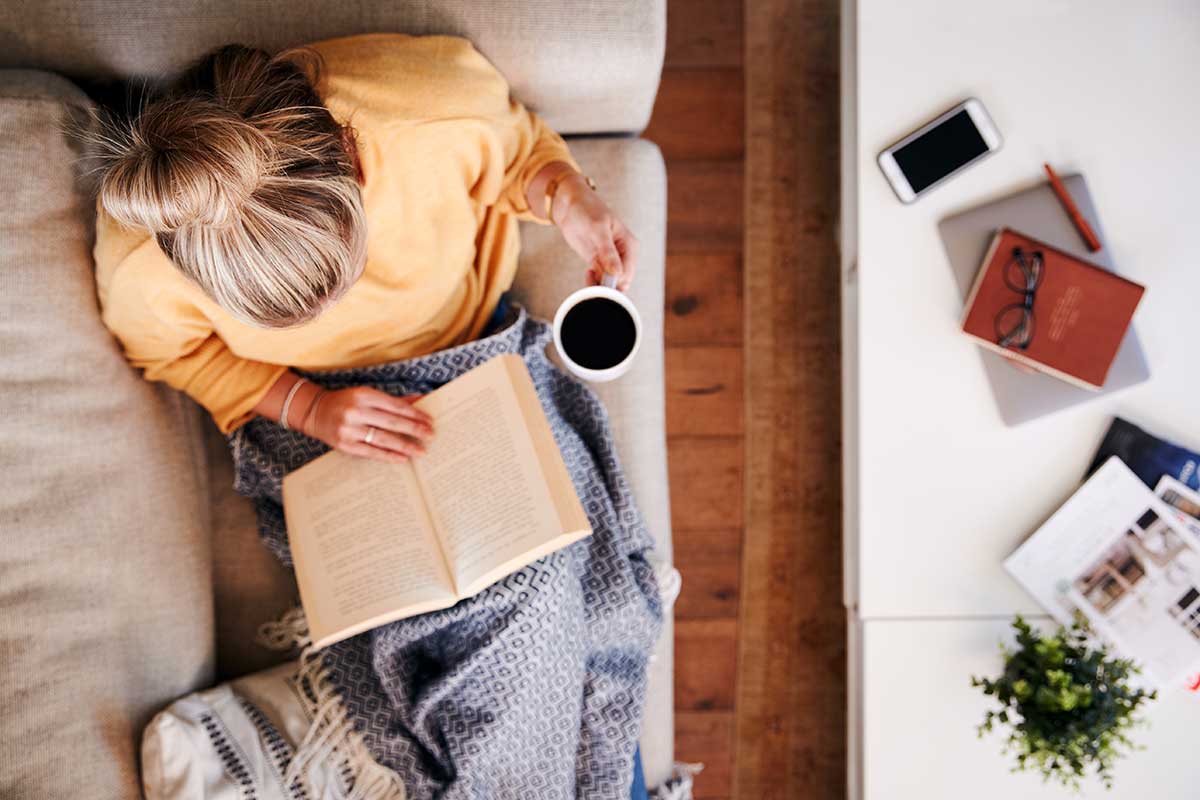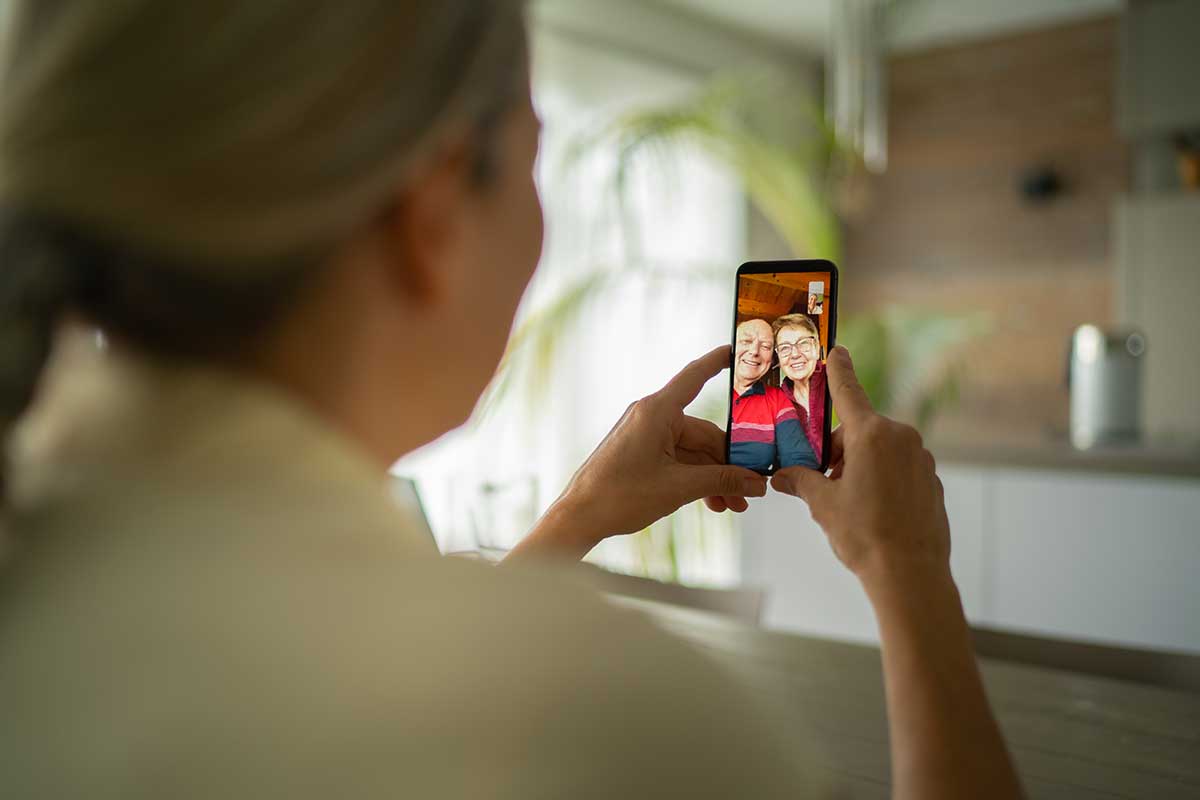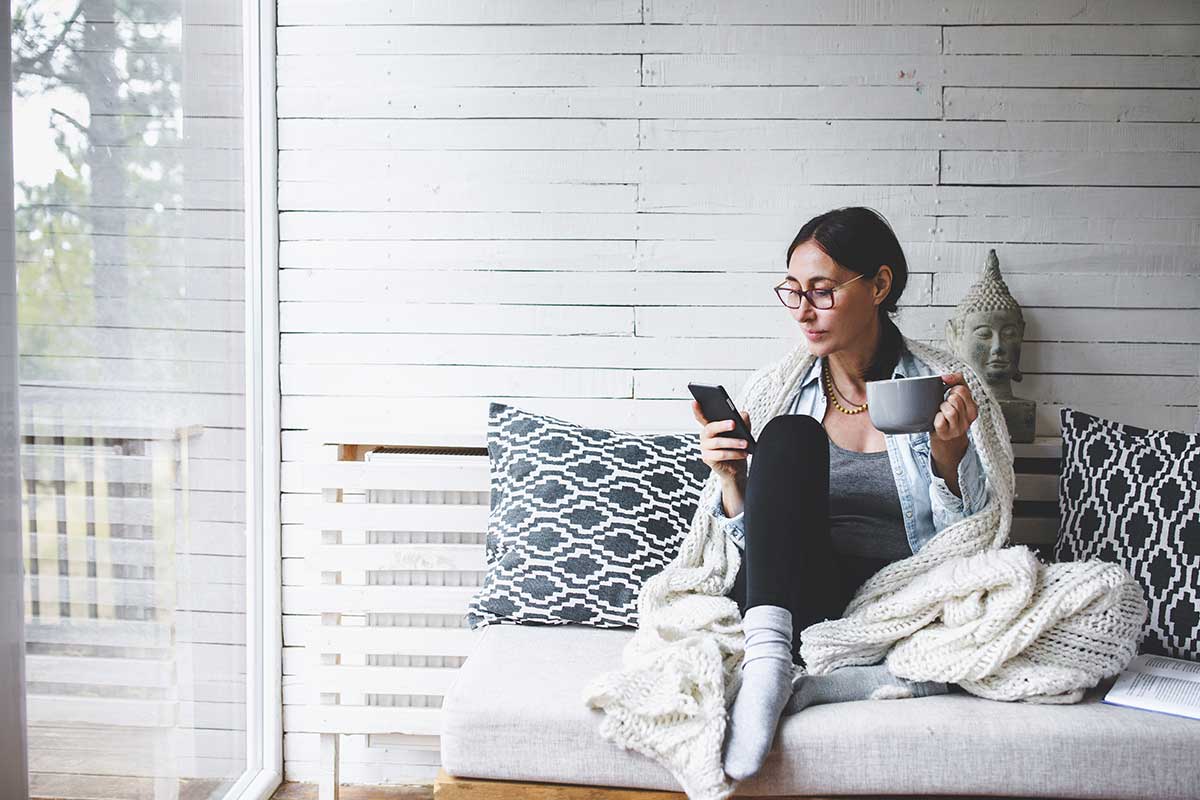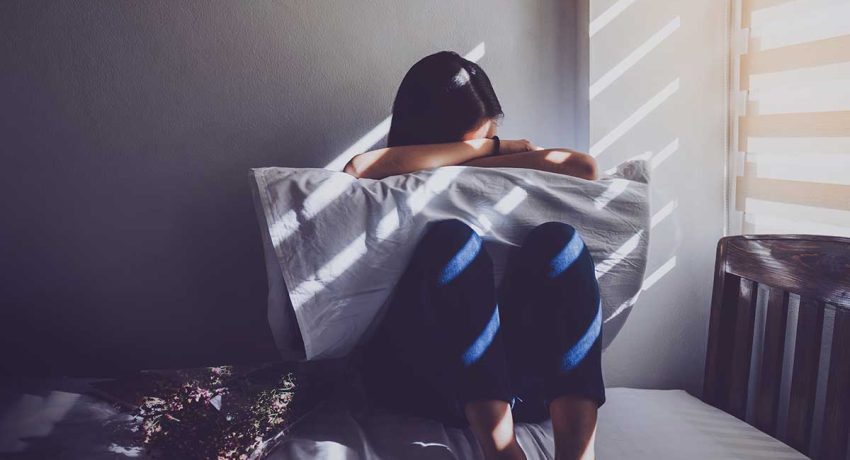The COVID-19 health crisis has shaken up everyone’s lives around the world. Our new reality is very different than how our lives were just a few weeks ago. With everyone staying home under government orders and trying to work from home or attend school online, it’s normal for stress and anxiety to rise, as our daily lives are disrupted.
Managing stress during this time can look a little bit different, because our stress and anxiety may take a subtler form.
Recognize Symptoms of Stress and Anxiety
You might not feel like you’re stressed or anxious, but we are all living in a stressful time, worldwide. It’s a good idea to check in with yourself from time to time and check for any symptoms that you may be experiencing that could be caused by underlying stress or anxiety that you are feeling due to the Coronavirus outbreak and quarantine. Some examples of stress and anxiety include:
- Tiredness. Many people are feeling extra tired right now due to changes in lifestyle, uncertainty about our careers, payments coming due, and worrying about the health of our families.
- Shortness of patience. When you are not used to having your kids and your spouse home with you (or in your “office” with you!) all day, every day, it’s easy to run out of patience. This can be a sign of stress. If you are feeling short of patience, just try to acknowledge the feeling and let it pass. It’s perfectly normal to be stressed and anxious right now, and once you realize that you are, you can take steps to manage your stress and anxiety.
- Elevated heart rate. One of the more obvious signs of stress is the physical symptom of feeling your heart race. If you are feeling this, you need to take a time out and try to calm down. If it doesn’t subside, consider calling a doctor.
- Elevated blood pressure. Stress can cause your blood pressure to rise, which can cause symptoms such as headache, fatigue or confusion, problems with your vision, difficulty breathing, irregular heartbeat or chest pain. If you are feeling any of these symptoms, call your doctor.
Managing Stress and Anxiety
Find some useful tips below on ways to help you manage stress during the Coronavirus crisis and quarantine.
Rest

We all need more rest right now. Living with the new reality of a global pandemic and the 24-hour news cycle that goes along with it, is a recipe for burnout. In addition, most of us are trying to juggle working from home with childcare and caring for our spouse, along with household chores.
Working from home and homeschooling our children are things that most of us have never done before. This usually requires learning new technology and lots of adjustments. All of this combined means we probably need more rest. It’s a good idea to try to go to bed earlier or take advantage of the time you save commuting to the office and try to sleep in a little bit later in the mornings.
If you have young kids at home, try to encourage them to take a nap during the day. Kids may feel stress, too, and they may also need more rest than usual.
Watch a Movie or Read a Book

Thanks to Netflix, many people have access to watch online movies and TV series during quarantine. When you watch a movie or TV show, your stress levels fall. Watching TV or movies activates alpha waves in your brain, which induce a state of calm. It’s also a great way to mentally escape into another world (one that doesn’t have Coronavirus!).
Reading is also a great way to take your mind off anything that is causing stress and anxiety. Reading induces a calm state of mind, and it can even help you fall asleep at night.
Practice Mindfulness

Mindfulness is simply paying attention. Paying attention to whatever is going on in this present moment, here and now. If you are cooking, pay attention to the food you are preparing, its smells and flavors. If you are eating, pay attention to the delicious meal you are eating and the company you are sharing it with. If you are working, concentrate and focus on the task at hand. If you are playing with your kids, enjoy their smiles and laughs. This is in contrast to the way we often walk through life doing one action while simultaneously thinking about hundreds of other things. The goal of mindfulness is to focus your mind on one thing at a time and remove the nonstop chatter of the mind that leads to stress and anxiety.
Meditate

Meditation is a great tool for when you’re feeling overwhelmed and just need a mental health break. Meditation is like a nap for your mind, but you do it while being awake. The style of meditation that many of us are familiar with is sometimes called contemplation, or focusing the mind on one thing in particular. This could be your breath or a mantra like “om.” This is a very good way to relax the mind and give it a break from thinking a million miles an hour.
Sometimes people think that meditation is complicated or impossible, but it can actually be done very simply. The idea is to quiet the mind, but that is really difficult for most people to do, because the mind brings back constant chatter every time you try to quiet it. That’s okay. Meditation is simply practice. Since it’s impossible to quiet the mind, what we do instead is focus on one thing, and bring the mind back to that one thing whenever it starts to wander.
You can find many guided meditations online. Some focus on deep breathing, while others focus on listening to or repeating sounds.
Cook and Eat Healthy Food

It can be tempting to bake up sugary treats and eat a lot of sweets and junk food while we are home during the quarantine, but eating junk food can actually contribute to feelings of stress and anxiety. Improper nutrition is known to cause symptoms of anxiety and depression. Instead, try out some new recipes that include fruit, vegetables, and protein. There are many recipe websites online.
Remember to take your multivitamins, too. There are many studies that show that proper nutrition through food and vitamin supplementation is key to managing stress and anxiety.
Get Some Physical Activity

Even though we are under stay at home orders, there are plenty of exercises you can do inside your home. Yoga, stretching, and body weight exercises are all easily done at home. There are plenty of videos on YouTube that show you how to do these exercises and you can follow along with the teacher in the video. Many fitness trainers are also offering online training sessions right now.
Regular exercise is one of the best long-term stress relievers, because it lowers stress hormones such as cortisol in your body and releases endorphins, which are brain chemicals that improve your mood. Stress and anxiety can disrupt your sleeping patterns, and exercise can help bring them back to normal.
Call Friends and Family

Isolation can also be a cause of stress, especially during the COVID-19 quarantine period. During these uncertain times, we need to strengthen our connections with friends and family. We might not be allowed to visit in person, but we can still call our loved ones. Now, with technologies like FaceTime, video calling and Zoom conferencing, it’s easier than ever to feel like you are face to face with your friends and family.
Call a Doctor

Remember to be aware of when home remedies for stress and anxiety are not enough. If you feel anxious or stressed for multiple days in a row, it’s best to call your doctor. Many doctors are doing phone or online consultations via video calls during the quarantine.
We hope that these tips will help you to stay healthy and keep your stress levels in check during quarantine. When the world is ready to travel again, we look forward to seeing you at Garza Blanca Resort & Spa Los Cabos. We are waiting for you. See you soon!















